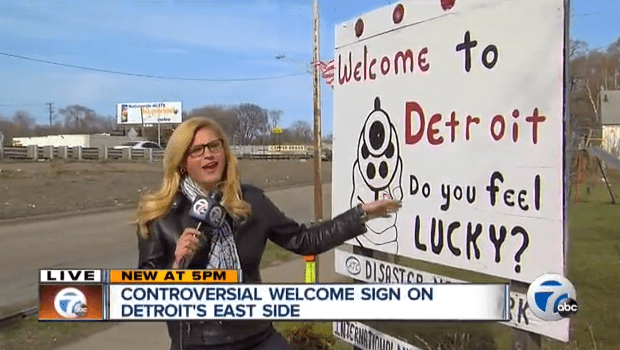
Download the pdf here. The plaintiffs’ (opposing the ban) based their opening salvo on the 14th amendment. (You might say they played the race card, but I couldn’t possibly comment.) “In 1868, our nation made a promise to the McDonald family that they and their descendants would henceforth be American citizens, and with American citizenship came the guarantee enshrined in our Constitution that no State could make or enforce any law which shall abridge the privileges or immunities of American citizenship. The rights so guaranteed were not trivial. The Civil War was not fought because States were attacking people on the high seas or blocking access to the Bureau of Engraving and Printing. The rights secured by the Fourteenth Amendment were understood to include the fundamental rights honored by any free government and the personal guarantees of the –” And that’s it. Chief Justice Roberts cuts Alan Gura short with the usual argy-bargy about states’ rights. And then the lawyer gives freshly-minted Supreme Sotomayor a bitch slapping. So to speak . . .
JUSTICE SOTOMAYOR:
What — in which ways has ordered liberty been badly affected?
MR. GURA:
Justice Sotomayor, States may have grown accustomed to violating the rights of American citizens, but that does not bootstrap those violations into something that is constitutional.
Later, Justice Bryer (who dissented in the Court’s ruling in the Heller case, which overturned Washington, D.C.’s gun ban) asks Mr. Gura if statistics should determine the balance between an individual right to bear arms and government’s right to impose laws that protect human life. In other words, shouldn’t simple pragmatism rock our world?
JUSTICE BREYER:
To be specific, suppose Chicago says, look, by banning handguns not in the hills, not hunting, nothing like that, nothing outside the city, in the city, we save several hundred human lives every year. And the other side says, we don’t think it is several hundred and, moreover, that doesn’t 23 matter. How do you decide the case?
MR. GURA:
We decide that by looking, not to which side has the better statistics, but rather to what the framers said in the Constitution, because that policy choice was made for us in the Constitution.
JUSTICE BREYER:
You are saying they can have — no matter what, that the city just can’t have guns even if they are saving hundreds of lives, they cannot ban them?
MR. GURA:
The city cannot ban guns that are within the common use as protected by the right to arms.
JUSTICE SCALIA:
There is a lot of disagreement on whether the Miranda rule or not, whether it results in the release of dangerous people who have confessed to their crime but the confession can’t be used. We don’t — we don’t resolve questions like that on the basis of statistics, do we?
When Chicago’s brief steps-up to the plate, James Feldman faces the same Court impatience with polemics.
FELDMAN
The Second Amendment should not be incorporated and applied to the States because the right it protects is not implicit in the concept of ordered liberty. States and local governments have been the primary locus of firearms regulation in this country for the last 220 years. Firearms unlike anything else that is the subject of a provision of the Bill of Rights are designed to injure and kill. And the very same features that make firearms valuable for self-defense as the court noted in Heller—
JUSTICE SCALIA:
When is the last time an opinion of ours made that the test, implicit in the concept of ordered liberty? It sounds very nice. But when is the last time we used it? I think it was 1937.
The Court starts as they mean to finish. Inn other words, Feldman is in for one rough ride. I won’t trouble with you with some of the more arcane arguments, but here’s one poignant exchange.
FELDMAN
The argument that I am making is that States and local governments under the political process, which as far as we know, if the only issue had been self-defense, the framers would have been satisfied to leave this to the States and to leave this to the political process, not to put it in the Constitution — that — that — that as far as the right to self-defense goes, that is something that has always been effectively regulated through the political process and especially at the State and local level. And through our history, as technology has changed, State and local regulation has altered to draw the balance that has to be drawn.
JUSTICE ALITO:
And your position is that a State or local government could completely ban all firearms?
MR. FELDMAN:
If the State and local government did that, I think would it raise two questions. One question would be, there is always review under the Due Process Clause and under the Equal Protection Clause for provisions that are arbitrary. And I would want to know why a State had done that. It is certainly relevant that in the last 220 years no State has done that or even come close, and in fact as the briefs from the other side of the case from some of the States show, they are quite the opposite direction.
I’m no constitutional expert (I just play one on the Internet), but it seems that the Supremes are highly unlikely to reverse the Heller decision by allowing Chicago to maintain its gun ban. We’ll know this summer.



